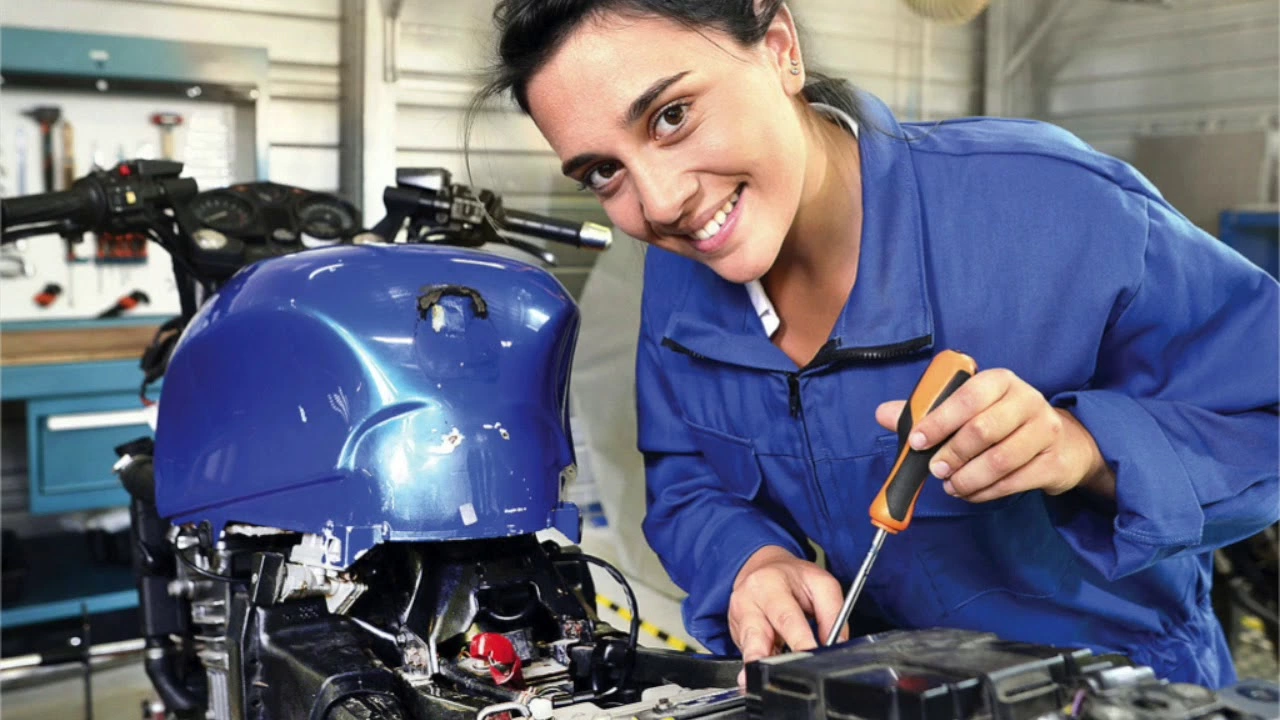Mechanical Engineer: Skills, Careers & Tips for Success
Thinking about a job that mixes math, design and real‑world problem solving? That’s what a mechanical engineer does every day. They create everything from car engines to sports equipment, turning ideas into things that work. If you love figuring out how stuff moves, this career might be a perfect fit.
What a Mechanical Engineer Actually Does
At its core, mechanical engineering is about applying physics and materials knowledge to design, test and improve machines. In a typical week you might sketch a new gearbox, run a computer simulation of a racing bike frame, or visit a factory floor to check a production line. The work can be hands‑on, like building prototypes, or office‑based, like writing detailed CAD drawings and reports.
In the motorsports world, mechanical engineers are the ones who tune engines, design aerodynamics and fine‑tune suspension setups. Outside the track, they work on things like HVAC systems, robotics, renewable energy devices and consumer gadgets. The variety keeps the job fresh and lets you pick a niche that matches your interests.
Key Skills You Need to Succeed
First up, strong math and physics fundamentals. You’ll be calculating forces, heat transfer and fluid flow all the time. Second, computer skills matter – most engineers use CAD software (like SolidWorks or CATIA) and simulation tools (such as ANSYS). Third, problem‑solving ability is a must; you’ll constantly face design challenges that need creative fixes.
Communication is often overlooked but essential. You’ll have to explain complex ideas to teammates, managers and sometimes clients who aren't engineers. Being able to write clear reports and give concise presentations can speed up projects a lot.
Finally, keep learning. Technology evolves fast, especially in fields like electric vehicles and 3D printing. Taking short courses, attending workshops or reading industry blogs helps you stay current.
Career Paths and Job Outlook
Most mechanical engineers start with a bachelor’s degree and an entry‑level role in a design or manufacturing firm. From there, you can move into specialized areas like automotive engineering, aerospace, or biomedical devices. Promotions often lead to senior engineer, project manager or engineering manager positions.
In the UK, the demand for mechanical engineers remains solid, especially in green tech and electric mobility. Salaries start around £28,000 for graduates and can rise above £70,000 with experience and expertise. Freelance consulting is also an option if you prefer flexibility.
Practical Tips to Get Your Foot in the Door
1. Build a strong portfolio. Include school projects, personal builds or internships that show your design process and results. Employers love to see real examples.
2. Get hands‑on experience early. Internships, co‑ops or part‑time work in workshops give you a feel for real‑world engineering and help you network.
3. Join professional groups. Bodies like the Institution of Mechanical Engineers (IMechE) offer events, mentorship and job listings that can boost your career.
4. Learn the language of industry standards. Familiarize yourself with ISO, GD&T and safety regulations – they’re part of everyday engineering work.
5. Keep a technical blog or YouTube channel. Sharing what you learn not only reinforces your knowledge but also showcases your communication skills to future employers.
Mechanical engineering is a hands‑on, ever‑changing field that rewards curiosity and persistence. Whether you aim to design the next racing car or improve everyday appliances, the basics stay the same: understand the physics, use the right tools, and keep solving problems. Start building your skills today and you’ll be on the road to a rewarding engineering career.

How can a mechanical engineer from India work in F1?
As a mechanical engineer from India, working in F1 can be a thrilling prospect. The path involves gaining solid experience in mechanical engineering, preferably in the automobile industry, and then specializing in areas relevant to F1 like aerodynamics or engine systems. It is also beneficial to earn a master's degree from universities renowned for motorsport engineering. Internships at F1 teams or related companies can provide valuable exposure and networking opportunities. Lastly, a passion for motorsport and a relentless drive for innovation are crucial to thrive in this competitive field.